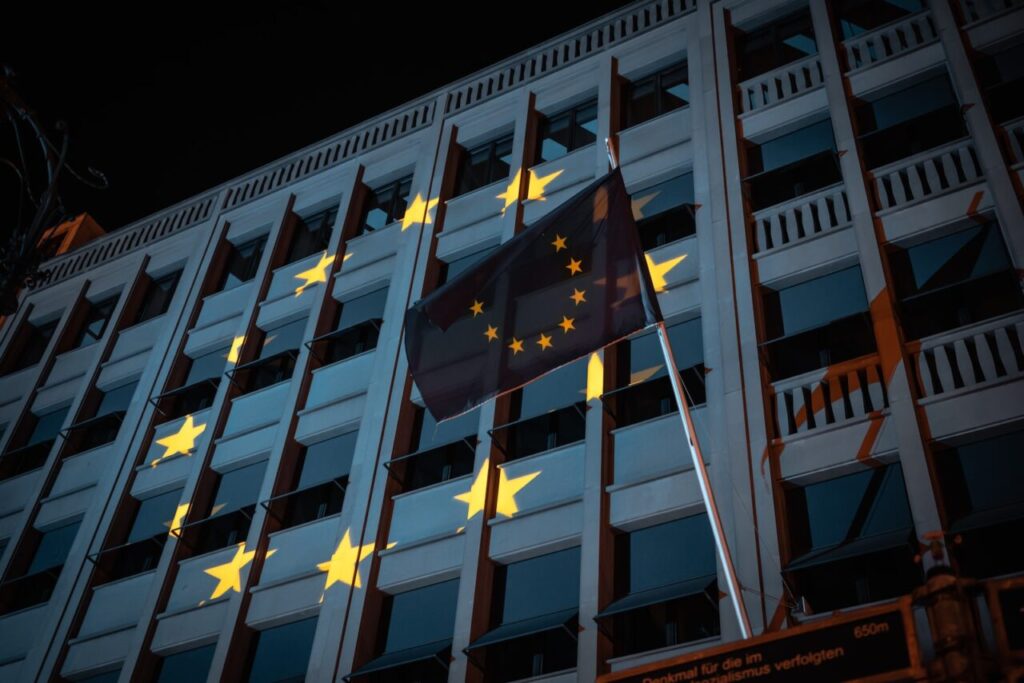The current blustery global economic climate has everyone on edge. Inflation has caused havoc on people’s wallets and prices for energy continue to rise worldwide. Credit Suisse believes that “the worst is yet” as global investment bank’s analysts think the European Union (EU), and the U.K. already face a recession. S&P Global shares a similar hypothesis. A Manhattan corporation report explains that the U.K. currently faces a full-year recession.
Many people feel that the tension between Russia and the West has made the world’s economy worse. According to the United Nations , the destruction may have been the greatest methane release in history. The Nord Stream pipeline problem will make it more difficult for Europe to access natural gas this winter. Along with a multitude of European energy resources, the price of natural gas has skyrocketed.
Both sides are blaming one another for the Nord Stream pipe rupture. Vladimir Putin stated that the Nord Stream leak was an “unprecedented sabotage”, and an “act international terrorism” while Joe Biden claimed the U.S. was responsible. In a speech on September 30, Putin stated that the end of Western hegemony was inevitable. The speech was translated by Konstantin Kisin and explains that Putin believes that the West is greedy, and that it seeks to enslave countries like Russia.
Kisin’s translation also states that Putin said that the West uses finance and technology in order to make other countries submit. According to the Russian president, the West is subject to a “hegemon’s tax”. Putin stated to the audience that they don’t want us to be liberated, and want Russians to become a mob soulless slaves.
The attendees were enthusiastic and one said:
We will beat them all, kill them all, and plunder their stuff. It will be what we love doing.
Credit Suisse report states that Europe and the U.K. are in recession, while the U.S. “flirting with one” amid the tension. According to the global investment bank’s analyst, some of the weight was due to central banks raising interest rates. Credit Suisse’s report details that “higher rates coupled with ongoing shocks leads us to reduce GDP forecasts.” “The U.K. and the euro zone are in recession. China is experiencing a growth recession and the U.S. is on the brink of recession.”
Credit Suisse’s report includes:
Importantly, the increasing share of price categories that are above central bank inflation target level shows that inflation is moving beyond a small group of supply shock-related drivers to more general inflation. Because of tight labor markets, this broadening will require tighter policy and weaker economies.
Credit Suisse’s report follows statements Citadel CEO Ken Griffin made at a conference last Wednesday. Citadel CEO Ken Griffin stated that Citadel is “very focussed on the possibility of recession.” A report by S&P Global explains that Europe and the U.K. are both in recession, and that the Ukraine-Russia conflict is causing a worsening in the region’s economy. Paul Watters (S&P Global’s chairman of regional credit conditions), says that the EU faces a difficult winter ahead and that the European economy is at greater credit risk.
Watters believes that the EU’s efforts to place price caps for energy will help protect Europeans from inflationary pressures this winter. Watters asserts that fiscal support measures taken by the government, including the upper limit on household energy bills, will help protect households from an even more severe inflation squeeze this winter. This, together with the ongoing resilience of Britain’s labor market, is the reason we don’t expect the U.K. to perform worse.
The S&P Global report continues:
Europe is facing a challenging and uncertain geopolitical outlook. Russia’s political risk appetite seems to rise after the loss of territory in Ukraine. Inflation fuels inflation. Central banks are quick to adjust interest rates to help consumers and businesses.
The U.S. Dollar Index (DXY) has fallen from its recent highs of nine days ago. The U.S. Dollar Index (DXY), which has fallen from its recent highs nine days ago, has seen a resurgence in fiat currencies around the world against the greenback. The Euro has seen a rebound of 2.15% in the last seven days against the U.S. Dollar, while the U.K. pound has risen 3.95% this week. The pound has fallen 14.98% over the past six months and the euro has dropped 11.25%. During the past six months, Russia’s ruble has grown 42.44% against US dollars.










